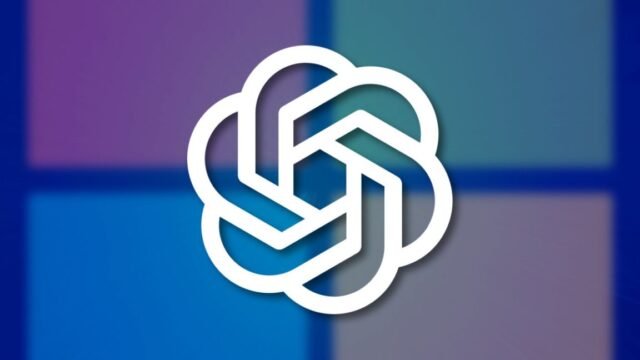On Thursday, Openai and Microsoft announced they have signed a non-binding agreement to review their partnership, marking the latest development in a relationship that has become increasingly complex as the two companies compete for customers in the AI market and seek new partnerships for growing infrastructure needs.
“Microsoft and OpenAI have signed a non-binding Memorandum of Understanding (MOU) for the next phase of our partnership,” the companies wrote in a joint statement. “We are actively working to finalize the terms of the agreement. Together, we remain focused on delivering the best AI tools for everyone, based on our shared commitment to security.”
The announcement comes as Openai seeks to restructure from a for-profit to a non-profit organization—a transition that requires Microsoft’s approval, as the company is Openai’s largest investor with more than $13 billion invested since 2019.
The partnership has shown increasing strain as Openai has grown from a research lab to a $500 billion company. The two companies are now competing for customers, with Openai seeking more computing power than Microsoft can provide. The relationship has also been fraught with complications over the terms of the agreement, including provisions that would limit Microsoft’s access to Openai’s technology once the company reaches so-called AGI (artificial general intelligence)—a vague milestone that both companies now define economically as AI systems capable of generating at least $100 billion in revenue.
In May, Openai abandoned its original plan to fully transform into a nonprofit after mounting pressure from former employees, regulators and critics, including Elon Musk. Musk has sued to block the conversion, arguing that it betrays Openai’s founding mission as a nonprofit dedicated to benefiting humanity.













